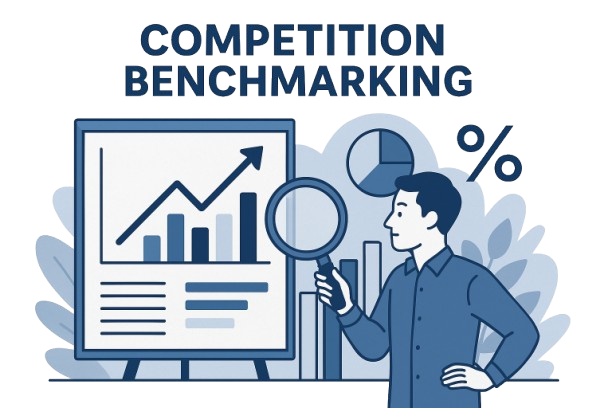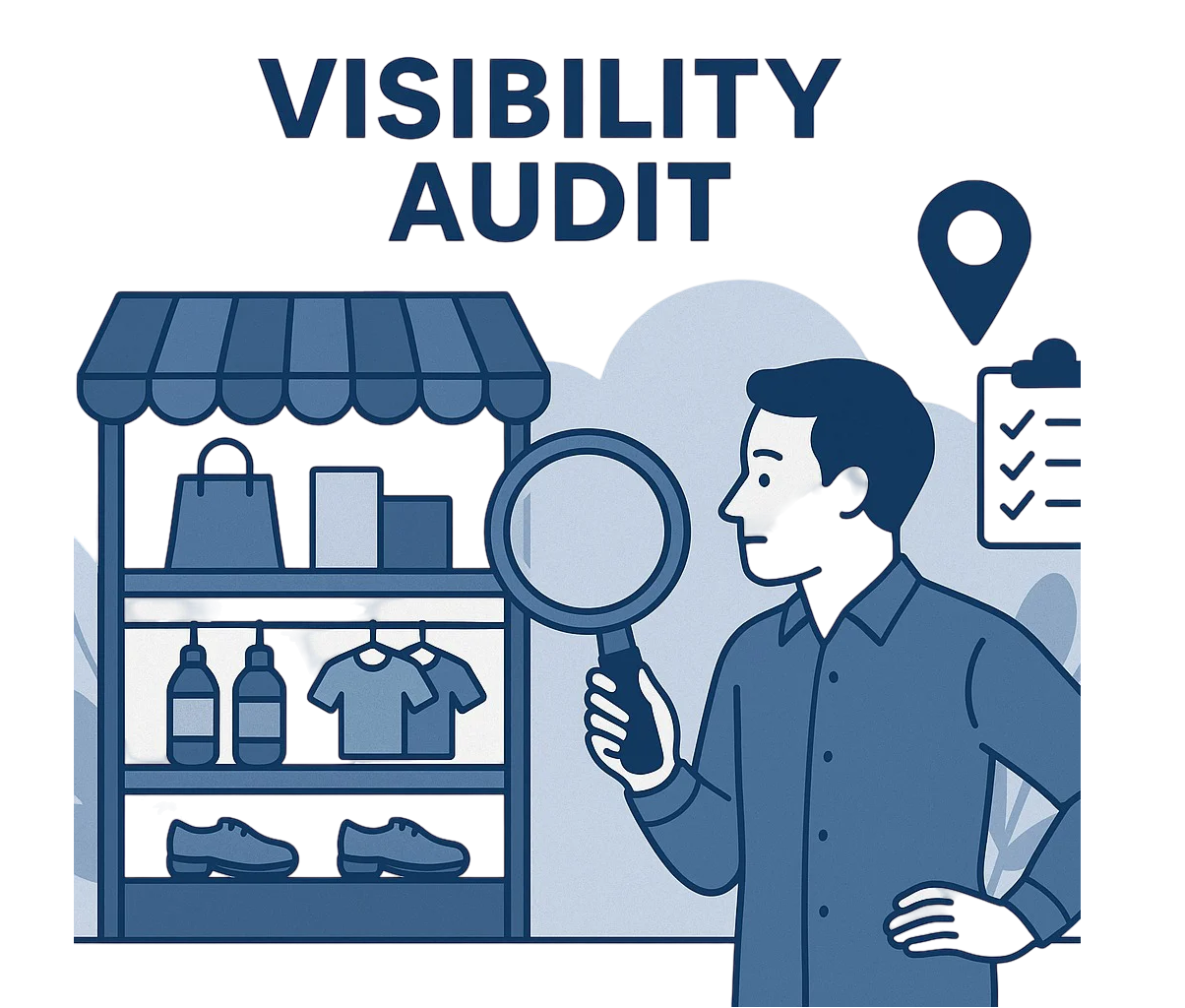Project Feasibility Report
A project feasibility study is needed before starting a new company or expanding an existing one in order to determine the project’s viability on a number of feasibility characteristics, such as technical, financial, & operational. To put it another way, a project feasibility study or report offers a window into how a business initiative might eventually become a reality.
A project feasibility report is a thorough assessment of a proposed business project’s viability and sustainability in a few crucial areas.
Services Provided

Technical Sustainability
A technical feasibility assessment evaluates the infrastructure, technology, technical resources, and knowledge needed and available to carry out a project. This includes evaluating manufacturing technology, the physical infrastructure of businesses, such as stores and warehouses, raw material quality, labor availability, transportation options, etc.

Economic or Financial Viability
There is no use in pursuing a company venture that is not financially viable or that will ultimately result in a loss. For this reason, a financial or economic feasibility study is carried out to determine a project's financial viability. The capital demand and capital structure, cost and sources of capital, return on investment, payback time, break-even analysis, cost analysis, working capital management, and other important financial elements are all taken into account in this study.

Practicality of Operation
An operational feasibility assessment evaluates a new project's operability and capacity for problem-solving. The goal of this study is to determine how well a new project will function after it is put into action. It takes into account the people, procedures, culture, design, and structure of the organization.

Legal Viability
The laws of the countries in which businesses and industries operate govern them elsewhere in the world. To operate a business, a number of licenses and authorization from the relevant authorities are needed. Certain regulatory constraints may also have an impact on business operations. A legal feasibility study examines how the legal and regulatory environment affects how a company initiative is carried out. Labor laws, anti-monopoly and restrictive trade laws, rules and regulations governing firm registration and trade permits, and environmental laws are a few examples.

Schedule Viability
Can the suggested project be finished in the amount of time required to achieve its goal? Cost increases can also result from project delays. If a project is not completed on time, it may become inefficient and unprofitable. A schedule feasibility analysis determines if a project can be completed in a fair and impartial amount of time.

Viability of the Market
The intended market size must support the level of work and financial outlay required to launch a new company. A market feasibility study entails a thorough investigation and evaluation of the industry in question, the overall market size and segmentation for the product in question, the competitors, the targeted market share, and the demographics of the target consumer base.
Services Provided

Technical Viability
A technical feasibility assessment evaluates the infrastructure, technology, technical resources, and knowledge needed and available to carry out a project. This includes evaluating manufacturing technology, the physical infrastructure of businesses, such as stores and warehouses, raw material quality, labor availability, transportation options, etc.

Economic or Financial Viability
There is no use in pursuing a company venture that is not financially viable or that will ultimately result in a loss. For this reason, a financial or economic feasibility study is carried out to determine a project's financial viability. The capital demand and capital structure, cost and sources of capital, return on investment, payback time, break-even analysis, cost analysis, working capital management, and other important financial elements are all taken into account in this study.

Practicality of Operation
An operational feasibility assessment evaluates a new project's operability and capacity for problem-solving. The goal of this study is to determine how well a new project will function after it is put into action. It takes into account the people, procedures, culture, design, and structure of the organization.

Legal Viability
The laws of the countries in which businesses and industries operate govern them elsewhere in the world. To operate a business, a number of licenses and authorization from the relevant authorities are needed. Certain regulatory constraints may also have an impact on business operations. A legal feasibility study examines how the legal and regulatory environment affects how a company initiative is carried out. Labor laws, anti-monopoly and restrictive trade laws, rules and regulations governing firm registration and trade permits, and environmental laws are a few examples.

Schedule Viability
Can the suggested project be finished in the amount of time required to achieve its goal? Cost increases can also result from project delays. If a project is not completed on time, it may become inefficient and unprofitable. A schedule feasibility analysis determines if a project can be completed in a fair and impartial amount of time.

Viability of the Market
The intended market size must support the level of work and financial outlay required to launch a new company. A market feasibility study entails a thorough investigation and evaluation of the industry in question, the overall market size and segmentation for the product in question, the competitors, the targeted market share, and the demographics of the target consumer base.





